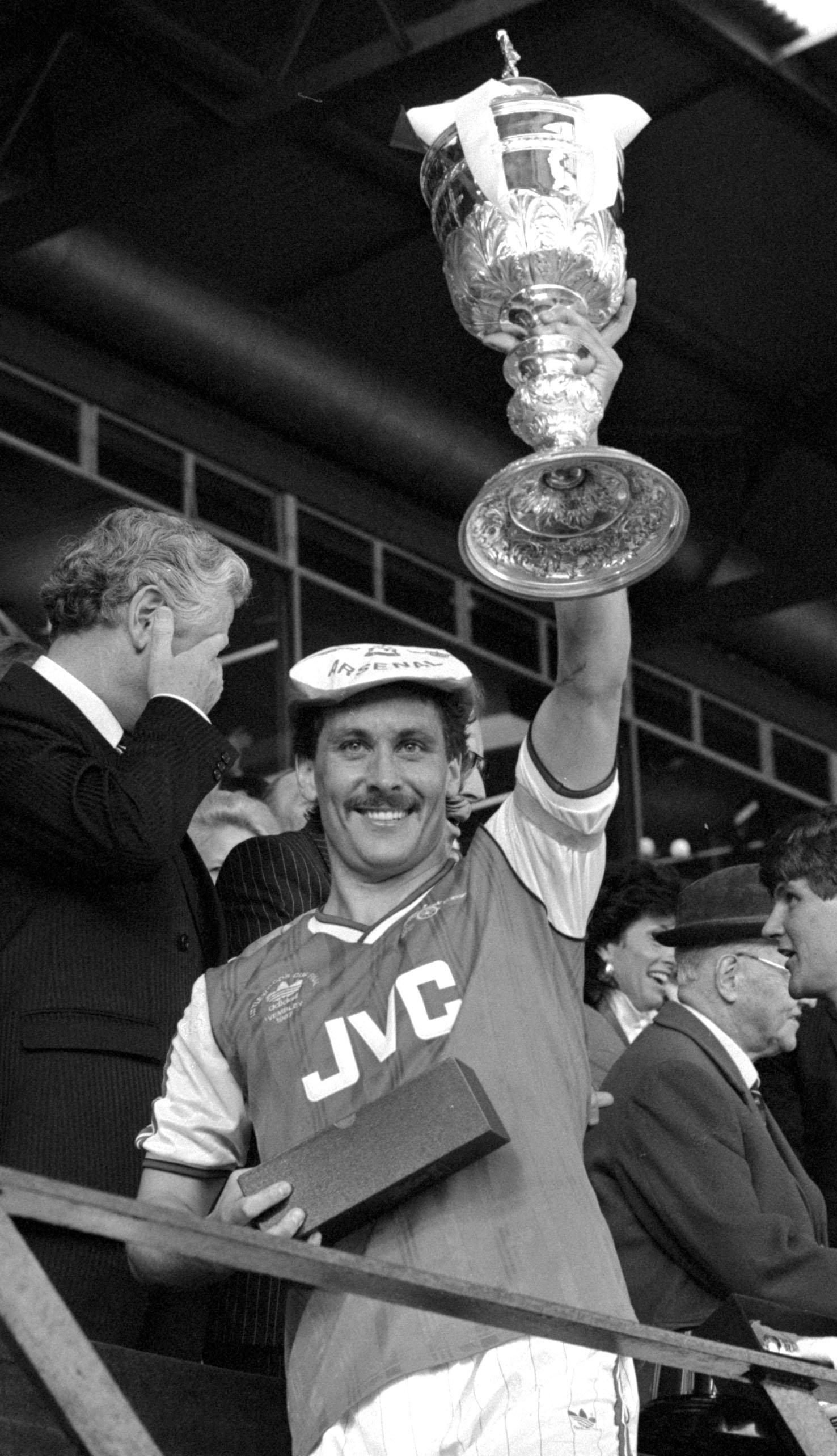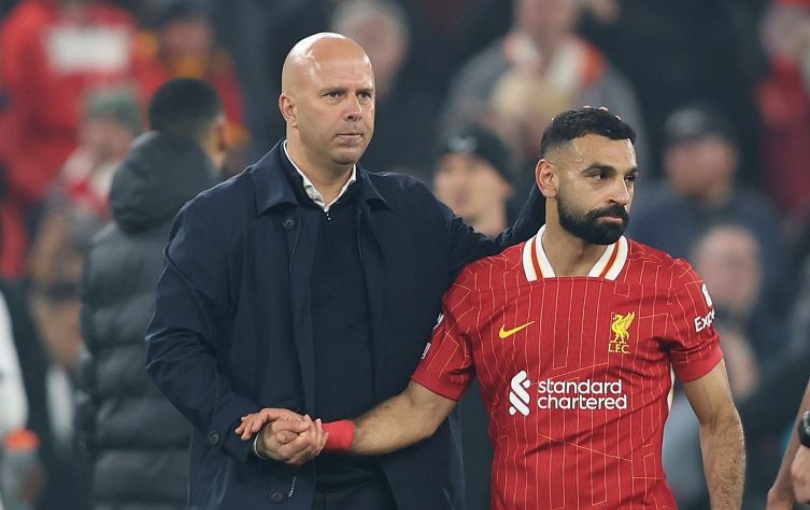Former England defender Kenny Sansom diagnosed with Wernicke–Korsakoff syndrome

Former England international Kenny Sansom has been diagnosed with Wernicke–Korsakoff syndrome but is now out of hospital, Crystal Palace have announced.
The ex-Arsenal and Palace defender was hospitalised in May, with no details given on his condition other than the fact he did not have Covid-19.
A further update was provided a month later via Sansom’s Twitter account which detailed he was still in hospital and required 24-hour care.
No further news on the 62-year-old has been forthcoming but on Monday his family provided an update via a statement on Palace’s website.
The family of Kenny Sansom wish to update Crystal Palace supporters on Kenny’s health.— Crystal Palace F.C. (@CPFC) December 7, 2020
It read: “The family of Kenny Sansom wish to update Crystal Palace supporters on Kenny’s health, following reports earlier this year that he was hospitalised.
“Kenny is out of hospital and settled in new accommodation, but has been diagnosed with Wernicke–Korsakoff syndrome, a type of brain disorder and form of dementia.
“He is in the early stages of the illness, which is reversible and treatable. With the support of his family and carers, he is on the first steps of his road to recovery.
Get FourFourTwo Newsletter
The best features, fun and footballing quizzes, straight to your inbox every week.
“Those closest to him are encouraged by his progress and the positive attitude he is showing in difficult circumstances.
“The family would like his and their privacy to be respected.
“As always, everyone at Crystal Palace Football Club wishes Kenny well, and we look forward to welcoming him back to Selhurst Park again soon.”
Sansom started his career with the south London outfit and helped them win the Second Division in 1979, before joining the Gunners in 1980 where he won the League Cup seven years later.
He also played for Newcastle, QPR, Coventry, Everton, Brentford and Watford and appeared at the 1982 and 1986 World Cups, having won 86 England caps, before retiring in 1994.
